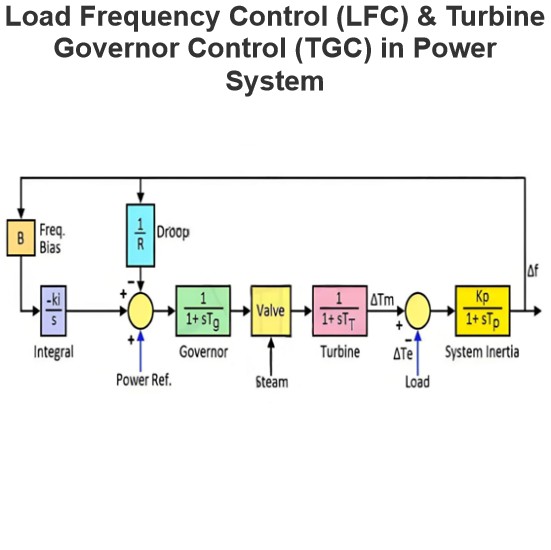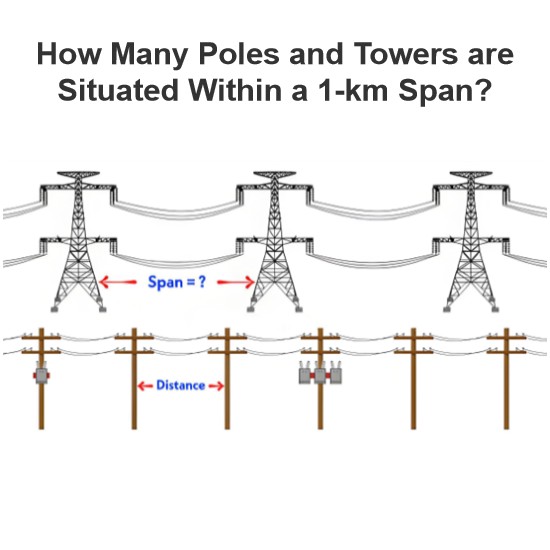What are the characteristics of silicone rubber in terms of electrical insulation?
Characteristics of Silicone Rubber in Electrical Insulation
Silicone rubber (Silicone Rubber, SI) possesses several unique advantages that make it an essential material in electrical insulation applications, such as composite insulators, cable accessories, and seals. Below are the key features of silicone rubber in electrical insulation:
1. Excellent Hydrophobicity
Characteristics: Silicone rubber has inherent hydrophobic properties, which prevent water from adhering to its surface. Even in humid or heavily polluted environments, the surface of silicone rubber remains dry, reducing the risk of surface current leakage and flashover.
Significance: This characteristic makes silicone rubber particularly effective in high-humidity areas, coastal regions, salt fog environments, and industrially polluted areas, significantly enhancing the anti-flashover performance of insulators.
2. Good Resistance to Tracking and Arcing
Characteristics: Silicone rubber exhibits excellent resistance to tracking, maintaining surface integrity even after prolonged exposure to partial discharges. It also has a high resistance to arcing, allowing it to quickly recover its insulating properties after arc exposure.
Significance: This ensures that silicone rubber insulators can operate reliably over long periods in harsh environments, reducing the risk of failures caused by tracking or arcing.
3. Superior Electrical Insulation Strength
Characteristics: Silicone rubber has a high breakdown voltage and good dielectric constant, providing reliable insulation performance under high-voltage conditions. Its volume resistivity is very high, effectively preventing current from passing through the material.
Significance: Silicone rubber insulators can provide stable electrical isolation in high-voltage transmission lines and substations, ensuring the safe operation of power systems.
4. Excellent Weather Resistance and Aging Resistance
Characteristics: Silicone rubber is highly resistant to ultraviolet light, ozone, oxygen, and other environmental factors. It can maintain its performance without significant degradation even when exposed outdoors for extended periods. Additionally, it has good chemical resistance, resisting corrosion from acids, alkalis, and salts.
Significance: This allows silicone rubber insulators to remain reliable and stable in various climatic conditions, extending their service life.
5. Wide Operating Temperature Range
Characteristics: Silicone rubber can maintain its physical and electrical properties over a wide temperature range, typically from -60°C to +200°C. It does not become brittle at low temperatures or soften at high temperatures.
Significance: This makes silicone rubber insulators suitable for extreme cold or hot environments, such as polar regions or tropical areas, ensuring reliable performance under different climate conditions.
6. Good Elasticity and Mechanical Properties
Characteristics: Silicone rubber has excellent elasticity and flexibility, allowing it to return to its original shape after being subjected to mechanical stress. It also has high tear strength and wear resistance, capable of withstanding mechanical impacts and friction.
Significance: This ensures that silicone rubber insulators can withstand significant mechanical loads during installation and operation, reducing the risk of damage due to external forces.
7. Self-Cleaning Properties
Characteristics: Due to its hydrophobic surface and smooth texture, dust and contaminants do not easily adhere to silicone rubber. Even if some contaminants settle on the surface, they can be easily washed away by rain.
Significance: This reduces the need for manual cleaning, lowers maintenance costs, and helps maintain the insulator's good insulation performance.
8. Low Water Absorption
Characteristics: Silicone rubber has very low water absorption, meaning it will not absorb significant amounts of moisture even in high-humidity environments. This prevents a decline in electrical performance due to moisture absorption.
Significance: This ensures that silicone rubber insulators maintain good insulation performance in humid environments, reducing the risk of flashover caused by moisture.
9. Environmental Friendliness
Characteristics: Silicone rubber is non-toxic and environmentally friendly, meeting environmental standards. It does not release harmful substances during production or use, and it can be disposed of through incineration with minimal environmental impact.
Significance: This makes silicone rubber insulators more aligned with sustainable development requirements, leading to widespread adoption in modern society.
10. Ease of Processing and Molding
Characteristics: Silicone rubber has good flowability and moldability, allowing it to be processed using various methods such as injection molding, extrusion, and compression molding. It can be manufactured into complex shapes for insulation components.
Significance: This enables silicone rubber insulators to be custom-designed to meet specific application requirements, accommodating a wide range of electrical equipment.
Summary
The widespread use of silicone rubber in electrical insulation applications is due to its excellent hydrophobicity, resistance to tracking, electrical insulation strength, weather resistance, wide operating temperature range, and self-cleaning properties. These characteristics make silicone rubber insulators particularly effective in high-voltage transmission lines, substations, and power plants, especially in areas with severe pollution, harsh climates, or complex terrain.
The Electricity Encyclopedia is dedicated to accelerating the dissemination and application of electricity knowledge and adding impetus to the development and innovation of the electricity industry.













